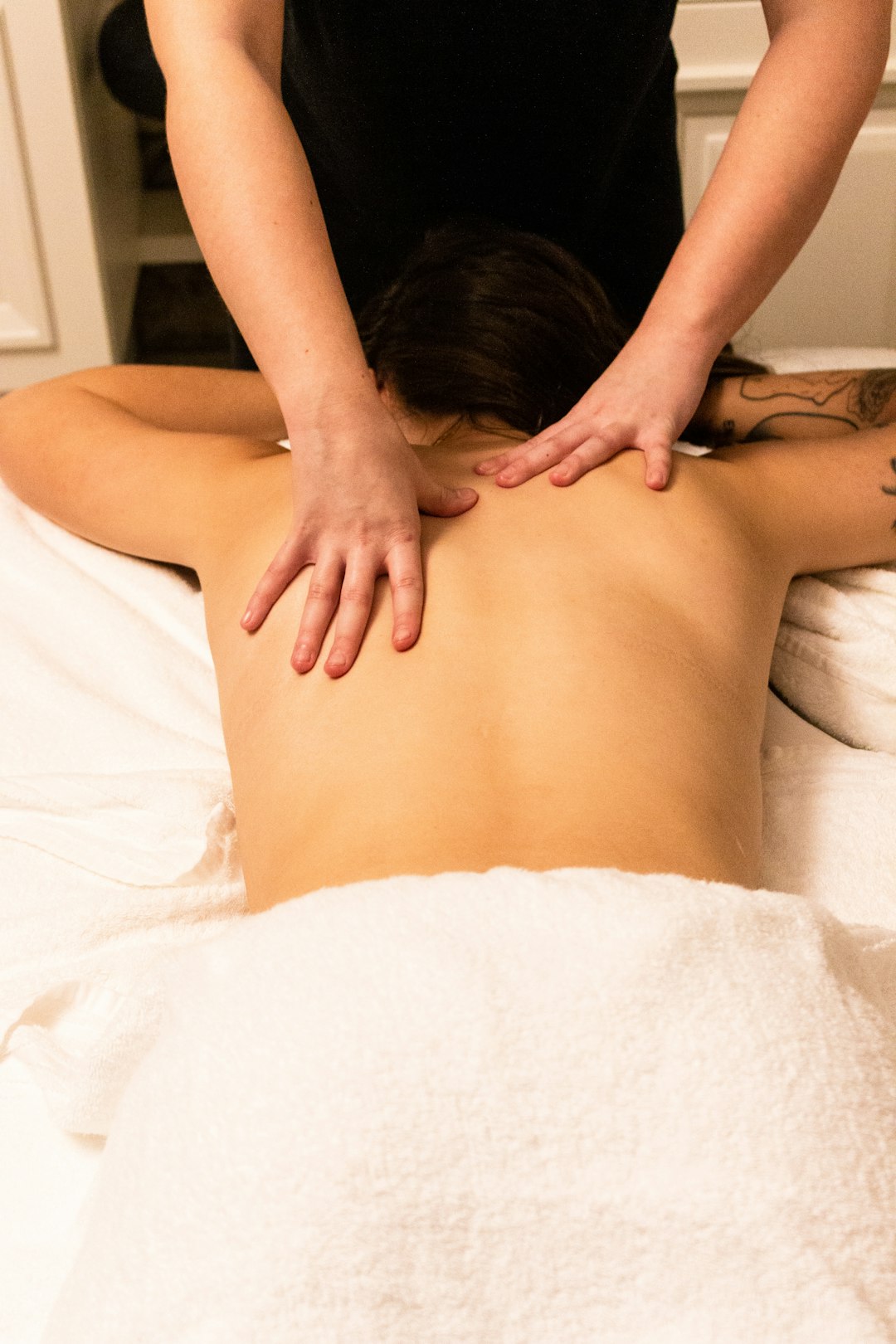Panic buttons in Pittsburgh massage rooms enhance client safety by enabling instant communication of distress. With a stringent legal landscape due to past massage abuse cases, including severe penalties for non-consensual contact, these tools deter misconduct and empower clients. Massage businesses must adhere to strict safety protocols, including training, background checks, and panic button systems, with support from massage abuse lawyers in Pittsburgh, PA. Promoting their use through signage and customer awareness fosters a safety-first environment.
In Pittsburgh, Pennsylvania, the implementation of panic buttons in massage rooms is gaining traction as a critical safety measure. This move follows increasing awareness of massage abuse and the need for immediate response mechanisms. Understanding the legal implications of such incidents is paramount, with local massage abuse lawyers highlighting the importance of establishing safety protocols. This article explores why panic buttons are essential, delves into the legal landscape surrounding massage therapy safety, and provides practical guidelines for implementing and promoting their effective use in Pittsburgh’s wellness industry.
Understanding the Need for Panic Buttons in Massage Settings

In the intimate setting of a massage room, where clients often disrobe and trust their well-being to the therapist, the potential for uncomfortable or harmful situations arises. This is why implementing panic buttons in Pittsburgh massage rooms is not just a suggestion but a crucial safety measure. Panic buttons provide a simple yet powerful tool for clients to instantly signal distress or emergency to staff members or local authorities.
Given the increasing awareness of massage abuse and professional misconduct, having an immediate response system can deter potential perpetrators and ensure client safety. A massage abuse lawyer in Pittsburgh, PA, would likely advocate for such proactive measures, as they demonstrate a commitment to protecting clients’ rights and well-being. This technology is especially beneficial in remote or private treatment rooms, where quick action could be vital.
Legal Implications of Massage Abuse and Safety Measures

In Pennsylvania, including Pittsburgh, the legal implications of massage abuse are taken seriously. Cases of sexual misconduct or assault within spa and massage settings have led to increased awareness and stricter regulations. Any form of non-consensual physical contact can result in severe legal consequences for the perpetrator, with potential charges ranging from misdemeanor assault to felony crimes depending on the severity and frequency of the abuse. Victims of massage abuse in Pittsburgh have a right to seek justice and compensation through personal injury lawsuits against both the perpetrators and facilities responsible for ensuring client safety.
Safety measures are paramount to prevent such incidents. Massage businesses in Pittsburgh must implement robust protocols, including thorough background checks for employees, employee training on consent and boundaries, secure payment systems to avoid keeping cash on premises, well-lit and accessible spaces, and clear emergency exit procedures. Additionally, having a visible panic button system in each massage room can deter potential abuse and provide victims with an immediate means of alerting staff or authorities. Engaging the services of a dedicated Pittsburgh massage abuse lawyer can offer guidance for both survivors seeking justice and businesses striving to uphold safety standards.
Implementing and Promoting Effective Use of Panic Buttons

Implementing panic buttons in Pittsburgh massage rooms is a proactive step towards ensuring client safety, especially as awareness of massage abuse grows. These simple yet powerful tools can serve as a direct line to emergency services, empowering clients to take control during potentially dangerous situations. Training is paramount; therapists should be educated on the proper use and placement of the buttons, emphasizing that their activation doesn’t just call for help but signifies an urgent need for intervention.
Promotional efforts should focus on raising awareness about the availability and effectiveness of panic buttons. Signage in massage rooms, clear communication with clients during booking, and even word-of-mouth recommendations from satisfied customers can all contribute to normalizing their use. By combining robust implementation and open promotion, Pittsburgh’s massage industry can foster an environment where safety is a priority, empowering both therapists and clients alike.





